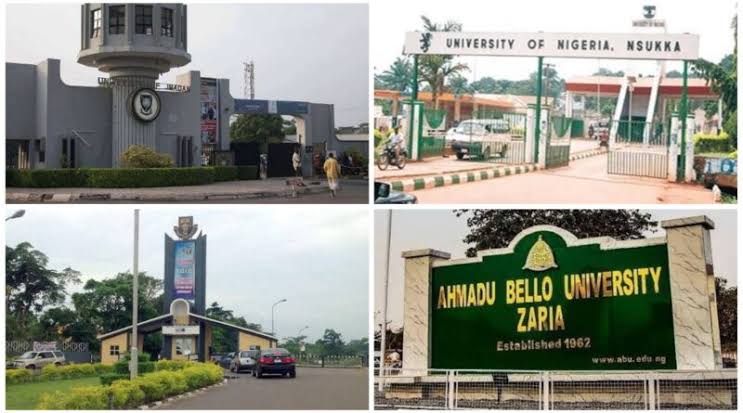
Keep up with the latest news and be part of our weekly giveaways and airtime sharing; follow our WhatsApp channel for more updates. Click to Follow us
Nigerian universities have been plagued by numerous challenges that hinder the academic progress and overall well-being of students. Despite the efforts of the government and educational institutions, these challenges persist, affecting the quality of education and the future of the country’s youth.
For further information on Education, read more details here
One of the most significant challenges facing students in Nigerian universities is inadequate funding. The lack of sufficient funds has led to a decline in the quality of facilities, equipment, and resources, making it difficult for students to access basic amenities such as textbooks, computers, and internet services. Furthermore, many students struggle to pay their tuition fees, leading to a high dropout rate.
Another major challenge is the poor state of infrastructure in many Nigerian universities. Dilapidated buildings, overcrowded classrooms, and inadequate sanitation facilities create an unhealthy and uncomfortable learning environment. The lack of basic amenities such as electricity, water, and internet connectivity further exacerbates the problem.
In addition to these challenges, students in Nigerian universities also face significant academic pressures. The curriculum is often outdated, and the teaching methods are sometimes ineffective, leading to a lack of engagement and motivation among students. Moreover, the high student-to-teacher ratio makes it difficult for students to receive individual attention and guidance.
The issue of insecurity is also a major concern for students in Nigerian universities. The rise of cultism, kidnapping, and armed robbery on campus has created a climate of fear and uncertainty, making it difficult for students to focus on their studies. The lack of effective security measures and the inadequate response of university authorities to these incidents have further exacerbated the problem.
For further information on Education, read more details here
Furthermore, students in Nigerian universities often face significant challenges in accessing healthcare services. Many universities lack functional healthcare facilities, and students are often forced to seek medical attention off-campus. The high cost of healthcare services and the lack of health insurance options make it difficult for students to access quality medical care.
The issue of accommodation is also a major challenge for students in Nigerian universities. The lack of adequate hostel facilities forces many students to seek off-campus accommodation, which is often expensive and of poor quality. The shortage of accommodation options also leads to overcrowding, which creates an unhealthy and uncomfortable living environment.
To address these challenges, the government, university authorities, and other stakeholders must work together to provide adequate funding, improve infrastructure, and enhance the overall learning environment. It is also essential to address the issue of insecurity, improve healthcare services, and provide affordable accommodation options for students. By doing so, Nigerian universities can provide a conducive environment for students to learn, grow, and succeed
Please don’t forget to “Allow the notification” so you will be the first to get our gist when we publish it.
Drop your comment in the section below, and don’t forget to share the post.





